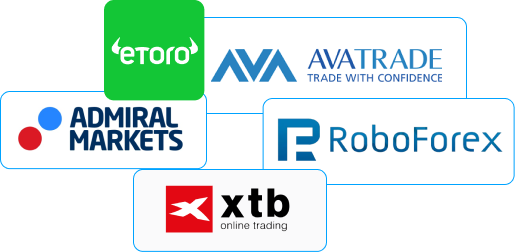Commodities are raw materials or primary agricultural products that can be bought and sold, such as gold, oil, wheat, and coffee. Commodities trading involves buying and selling these goods in standardized contracts on commodity exchanges. Traders invest in commodities to hedge against inflation, diversify their portfolios, or speculate on price movements driven by supply and demand factors. Commodities are categorized into two main types: hard commodities, which are natural resources like oil and metals, and soft commodities, which are agricultural products like wheat, coffee, and livestock. Trading can occur in the spot market, where commodities are bought and sold for immediate delivery, or in the futures market, where contracts are bought and sold for future delivery at predetermined prices. Summarizing, commodities trading offers opportunities for portfolio diversification and protection against inflation. However, it requires an understanding of market dynamics and the factors that influence commodity prices.
What are Commodities and How to Invest?
Commodities are generally classified into two main categories: hard commodities and soft commodities. Hard commodities include natural resources like metals (gold, silver, copper) and energy products (oil, natural gas). These commodities are extracted or mined and are typically traded on futures exchanges.
Soft commodities, on the other hand, consist of agricultural products such as grains (wheat, corn), livestock (cattle, hogs), and other food products (coffee, sugar). These commodities are grown or raised and are also traded on futures exchanges. Each type of commodity has its own supply and demand factors, affecting price movements differently.
In conclusion, understanding the types of commodities and their respective markets is crucial for effective trading and investment decisions. Each category has distinct characteristics and factors influencing its prices.
Explore our selection of Commodities trading courses, to start your trading journey today.
Or visit our Brokers comparison page to start trading now!
Commodity prices are influenced by a range of factors, including supply and demand dynamics, geopolitical events, and economic conditions. Supply factors include weather conditions, geopolitical instability in producing regions, and changes in production levels. For instance, adverse weather can impact agricultural yields, while political instability can disrupt oil supply chains.
Demand factors include economic growth, industrial activity, and consumer trends. For example, an increase in industrial production can drive up demand for metals, while a rise in consumer spending can affect prices of agricultural commodities. Additionally, market speculation and financial trends can impact commodity prices.
Summarizing, commodity prices are determined by a complex interplay of supply and demand factors, economic conditions, and market sentiment. Traders need to monitor these factors to make informed trading decisions.
Explore our selection of Commodities trading courses, to start your trading journey today.
Or visit our Brokers comparison page to start trading now!
Investing in commodities offers several benefits, including diversification, inflation protection, and potential for high returns. Commodities often have low correlations with other asset classes like stocks and bonds, providing diversification benefits that can reduce overall portfolio risk. Additionally, commodities can act as a hedge against inflation, as their prices typically rise when inflationary pressures increase.
Commodity investments also offer opportunities for significant returns, particularly in times of high volatility or strong market trends. Traders and investors can capitalize on price movements driven by supply and demand factors, geopolitical events, and economic changes.
In conclusion, investing in commodities provides diversification, inflation protection, and potential for high returns, making them a valuable addition to an investment portfolio.
Explore our selection of Commodities trading courses, to start your trading journey today.
Or visit our Brokers comparison page to start trading now!
Commodity investments come with inherent risks, including high volatility, market speculation, and geopolitical factors. Commodity prices can be highly volatile, influenced by factors such as weather conditions, geopolitical tensions, and economic changes. This volatility can result in substantial losses if not managed carefully.
Additionally, commodity markets can be subject to speculative trading, which can exacerbate price swings and increase risk. Geopolitical events and policy changes can also impact commodity prices, introducing additional uncertainties.
Summarizing, while commodities offer investment opportunities, they also involve significant risks related to price volatility, speculation, and geopolitical factors. Investors should carefully assess these risks and consider their risk tolerance before investing in commodities.
Explore our selection of Commodities trading courses, to start your trading journey today.
Or visit our Brokers comparison page to start trading now!
Find Your Trusted Broker
Finding the right broker is essential for a successful trading experience. Our Brokers review section provides a comprehensive view, comparing top brokers based on fees, user experience, and customer support. Whether one is a beginner or an experienced trader, these recommendations help users choose a broker that meets their needs, ensuring they have the tools and resources to trade with confidence.


 en
en es
es